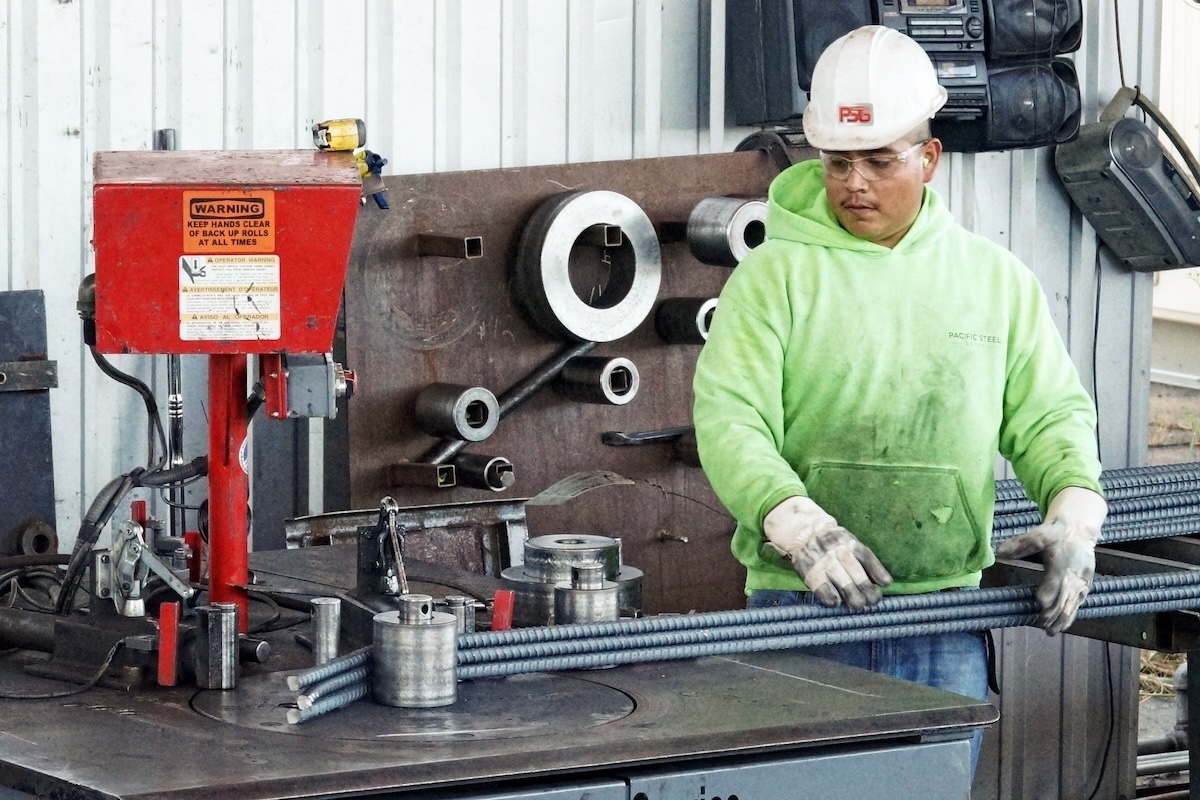ImpactAlpha, April 11 – Investors’ portfolios may get a jolt from a sudden “repricing event” that recalibrates the risks of climate change, according to a new report from Mercer.
In a sequel to its “Investing in a Time of Climate Change” report, the global consultancy suggests the market isn’t fully pricing the “physical risks” of climate, from floods, hurricanes, rising seas, crop failures and more. That, in turn, has caused mispricing of climate-related “transition risks,” such as new regulatory and other mandates that strand or devalue assets like coal and pipelines.
Such transition risks may have gone down in recent years as prospects for meaningful global climate mobilization have faded. The longer policymakers and companies delay, however, the more rapid the low-carbon transition will need to be.
Long-term impacts that seem small on an annual basis can get priced in by the markets quickly on a net-present value basis. “In reality, sudden changes in return impacts are more likely than neat, annual averages,” Mercer advises.
Institutional investors come for the risk reduction, stay for the impact
Mispriced risks. BlackRock, the world’s largest asset manager, drilled into municipal bonds, commercial real estate and U.S. utility stocks in a deep-dive study of physical climate risks.The report, “Getting Physical,” suggests vulnerable cities could see their economies sag, raising risks for municipal bonds. Securities backed by commercial real estate face losses as properties are hard hit by floods and storms. Shares of the most climate-resilient utilities already trade at a premium to climate-vulnerable utilities. Such vulnerabilities were exposed in January when PG&E filed for bankruptcy after devastating California wildfires. Investors still are discounting risks already lurking in their portfolios, BlackRock suggests.
Imperative and opportunity. Keeping global temperature rise well below the 2⁰ Celsius limit called for in the Paris agreement “is most likely to provide the economic and investment environment necessary to pay pensions, endowment grants and insurance claims over the timeframes required by beneficiaries,” Mercer’s Deb Clark writes.That is, nearly all asset classes and regions do better under a 2⁰ scenario versus 3⁰ or 4⁰. Perhaps even more compelling are the investment opportunities in mitigation and adaptation that represent what Mercer calls “low-carbon transition premium.”
Sign of the times. Big food companies urged the U.S. Congress to adopt a set of climate policies to reduce carbon emissions across the economy. “Climate change impacts our companies, and we have a business imperative to reduce emissions,” wrote Danone, Mars, Nestlé, Unilever and other major food companies in the Sustainable Food Policy Alliance.One proposal: Establishing a carbon pricing system. Also on the list: clean energy deployment, resilient infrastructure and investing in the U.S. workers and disadvantaged communities most impacted by the costs of climate change. “We know that the farmers in our supply chains are shouldering the burden of adapting to increasingly severe and volatile weather as a result of climate change.”












